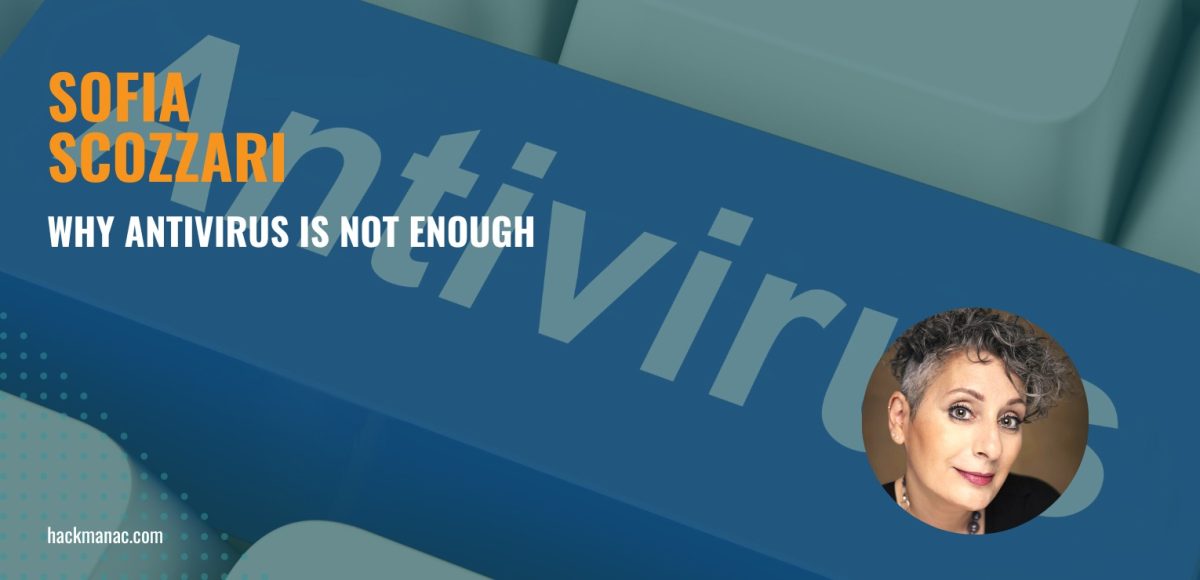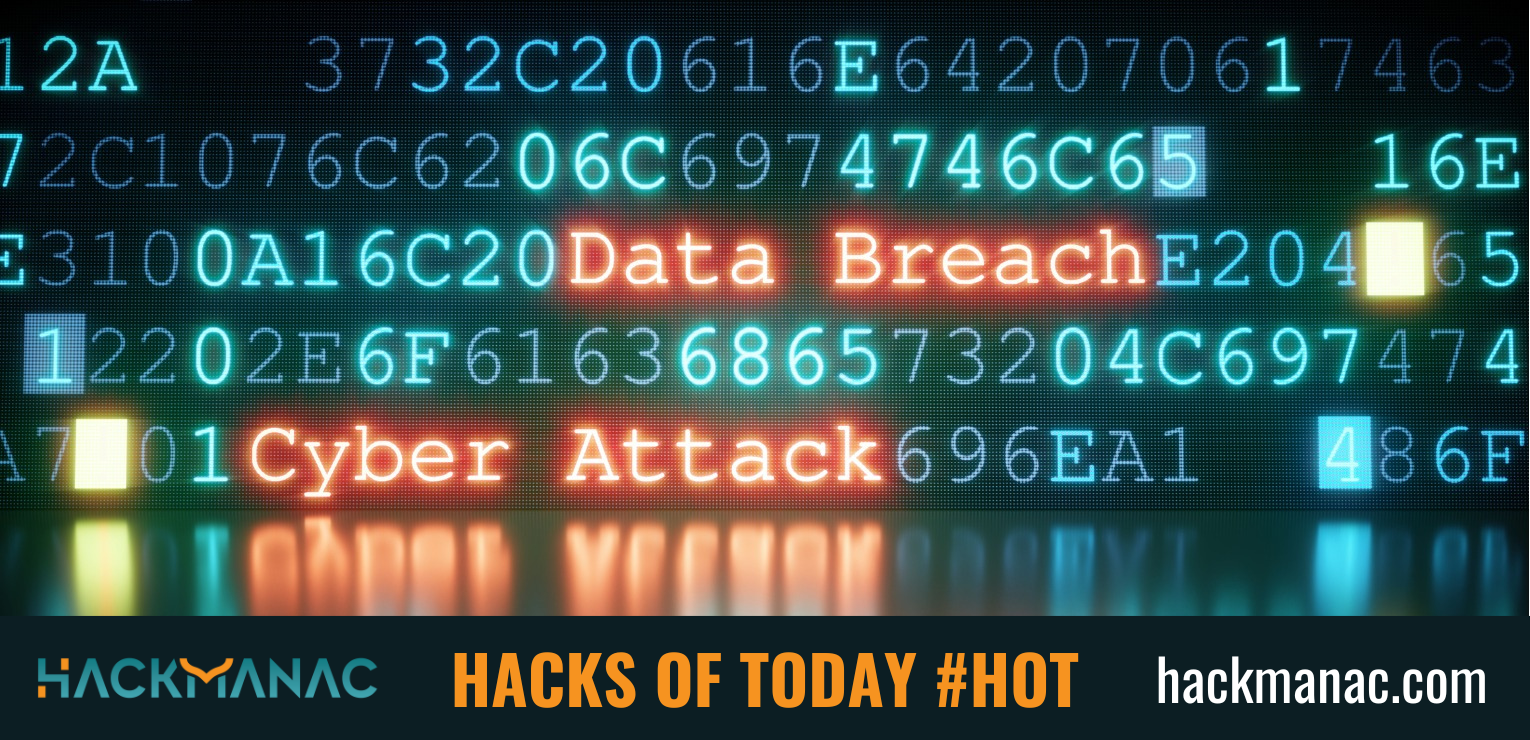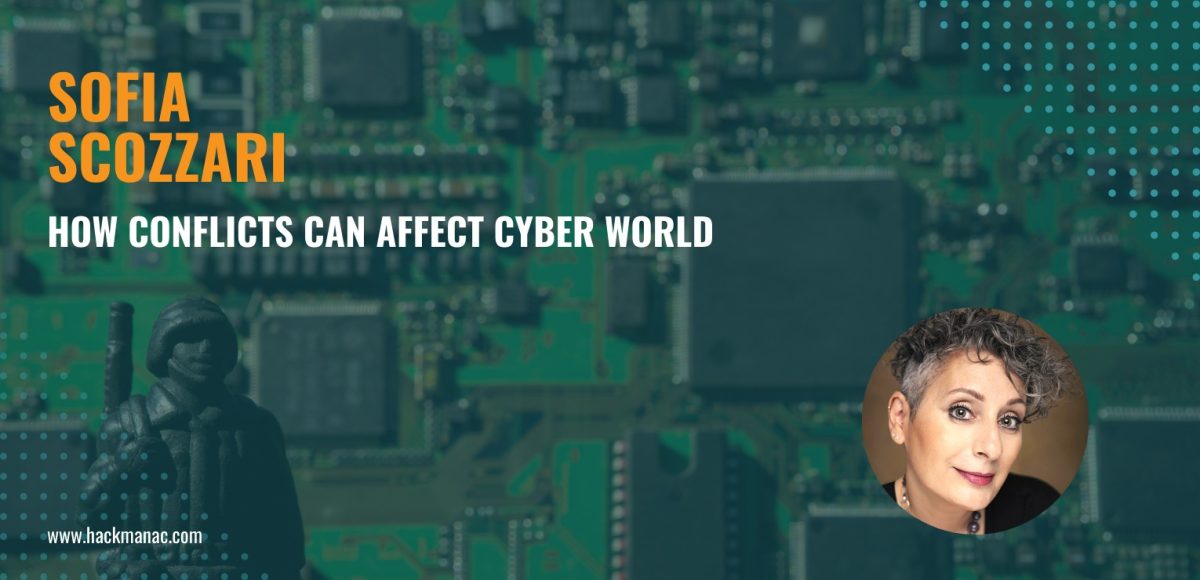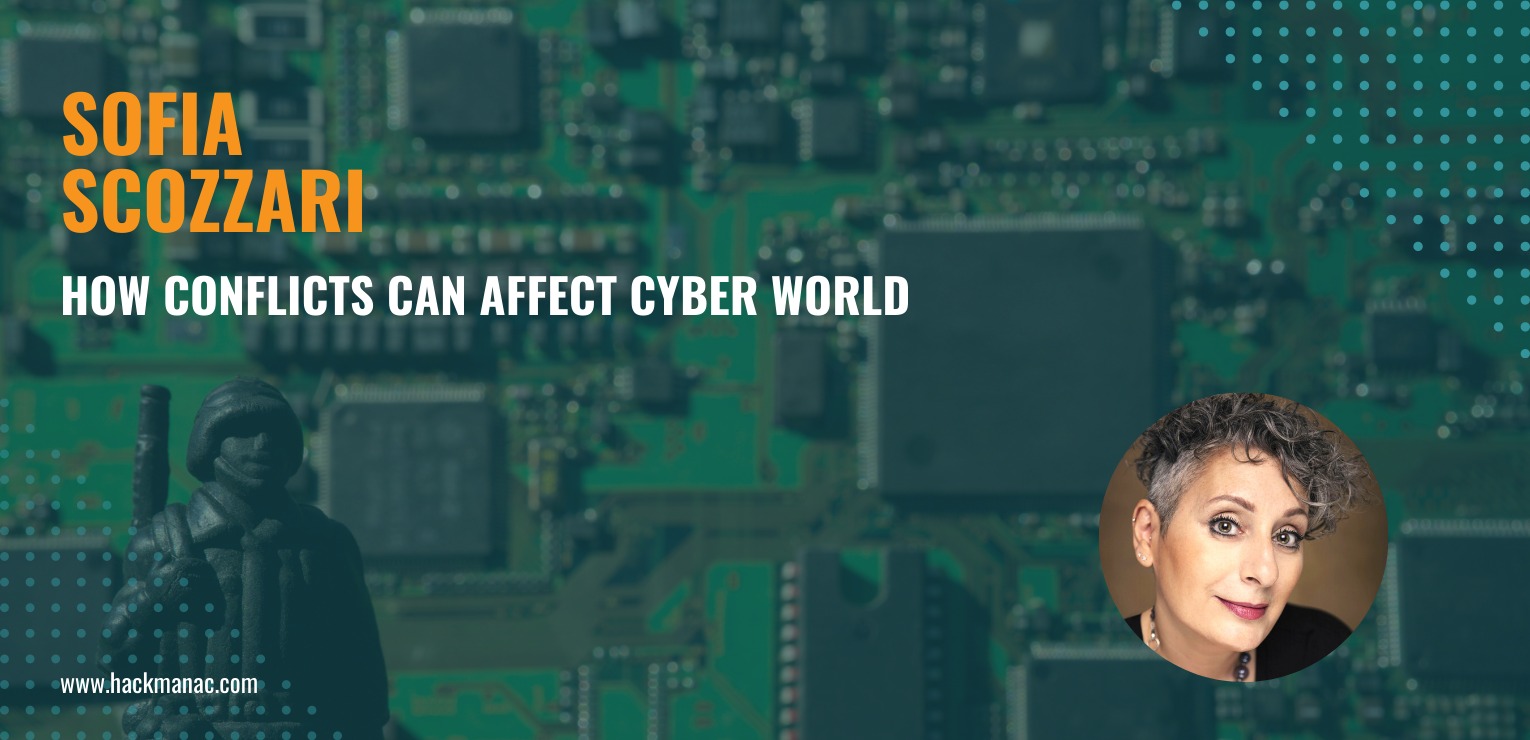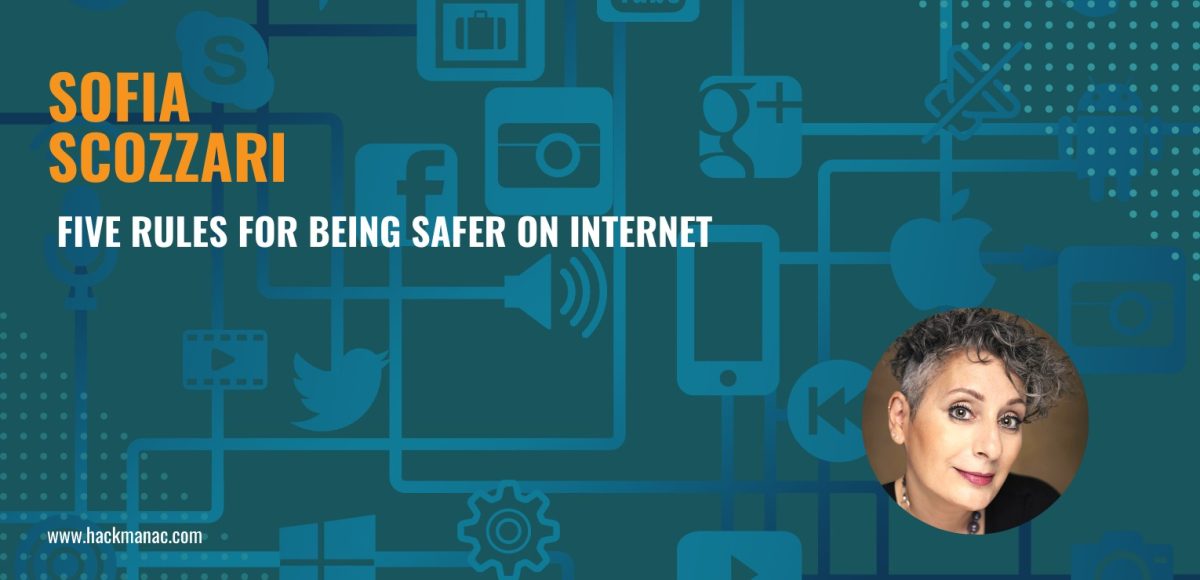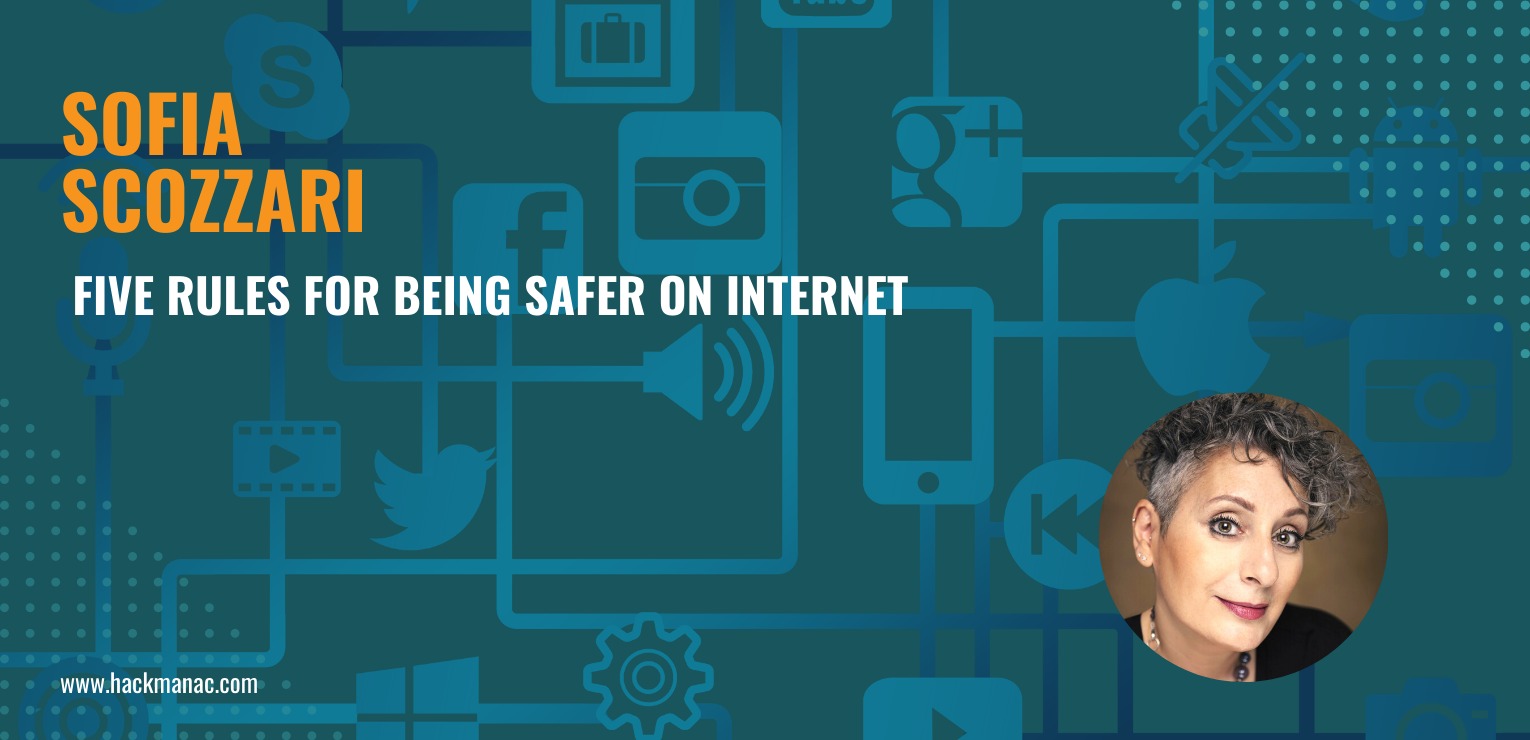news
why antivirus is not enough
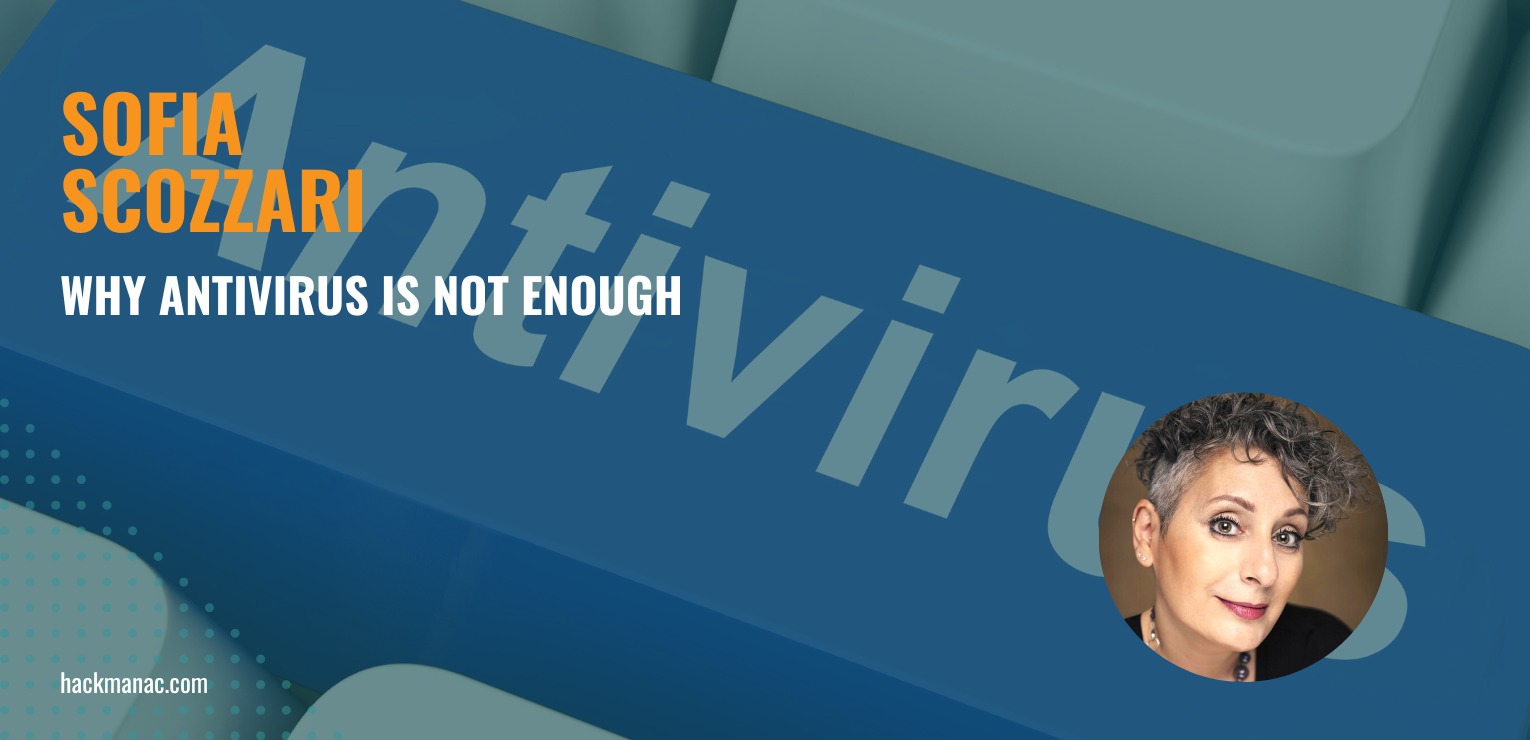
It is often mistakenly believed that antivirus is an sufficient protection of the systems from cyber threats.
But that’s not the case, that’s why.
Antivirus is a protection against malware
Malware is malicious software that can infect computer systems by compromising them or allowing cybercriminals to access data.
The malware types are many: ransomware, trojans, spyware, wipers, cryptominers, worms, skimmers, … just to name a few.
Although malware is a significant problem, used in most cyber attacks (41% in 2021, see our Dashboard), there are other types of cyber threats.
These include, for example, Phishing, Social Engineering, exploitation of vulnerabilities, DDoS (Distributed Denial of Service), and much more.
Unfortunately, antiviruses are unable to deal with these threats and further solutions need to be put in place to mitigate them.
Not all antiviruses are created equal
Whether you choose a free antivirus or a paid one, modern products are generally of good quality, but they can differ in some features:
- Reliability: the ability to correctly identify threats with a low number of false positives.
- Quality of protection: the malware landscape is constantly changing, so a good antivirus must be able to update itself frequently and effectively detect and resolve the greatest number of threats.
- Functionality: the antivirus must be able to perform its functions without significant impact on the system in use.
- Ease of use: the antivirus must have an intuitive and easy to use interface, so that it can be used successfully even by less experienced users.
Don’t forget mobile devices!
Malware can also compromise mobile devices such as smartphones and tablets.
Since they are connected to the same network where there are computers and servers (both in the company and at home!), it is important to have antivirus protection also for all the used mobile devices.
Cyber Security involves numerous types of threats, which are constantly evolving.
For an adequate protection antivirus is certainly important but it is not enough.
On the contrary, to protect from the latest generation of cyber risks it is essential a targeted and customized strategy based on specific needs.
Find out how we can help you identify your customized Cyber Security strategy!
Latest news
HACKS OF TODAY 26/04/2024
Today's HOT includes 19 victims by the notorious Rhysida, Everest, RansomHouse, DarkVault, RansomHub, Medusa, Hunters International, Cactus and dAn0n gangs. The average Cyber Risk Factor is 4.2. Read...
Read MoreHACKS OF TODAY 25/04/2024
Today's HOT includes 8 ransomware victims by the notorious RansomHub, Hunters International, Black Suit, Qiulong, DarkVault, RansomHouse, Qilin and MyData gangs. The average Cyber Risk Factor is 4.0....
Read MoreHACKS OF TODAY 24/04/2024
Today's HOT includes 10 ransomware victims by the notorious RansomHouse, Black Suit, Rhysida, BianLian, RansomHub, BlackBasta, Eraleig and Qiulong gangs. The average Cyber Risk Factor is 4.4. Read...
Read More